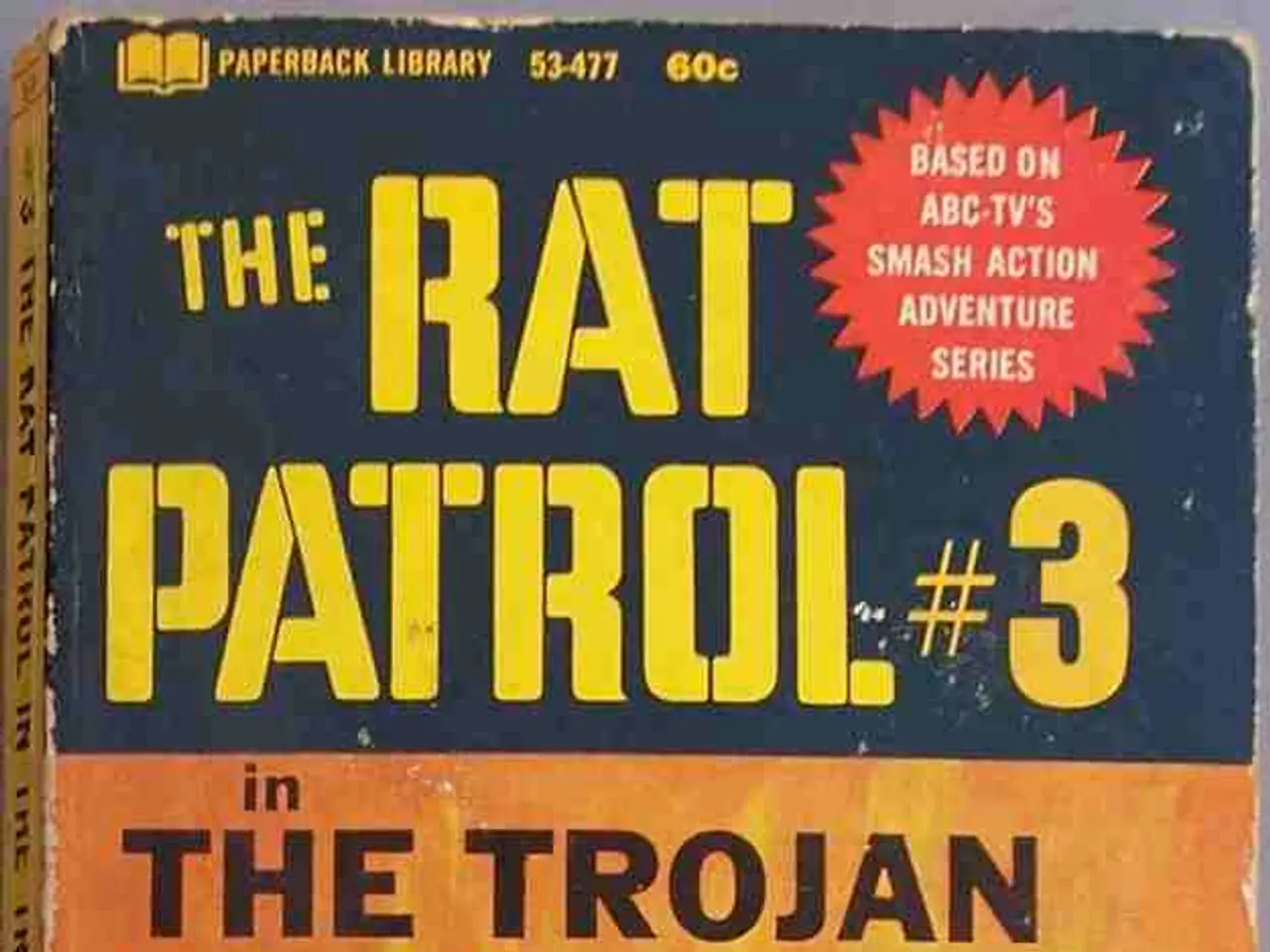Eight decades later, the impact of warfare alters a compassionate father into a stranger
In a poignant reflection of the enduring effects of war, the psychological impact of World War II on former Imperial Japanese servicemen and their families is once again under the spotlight, 80 years after the war's end.
Keijiro Kuroi, a former Imperial Japanese serviceman, was described by his son, Akio Kuroi, as lethargic and detached, an "empty shell." This heart-wrenching description underscores the profound emotional withdrawal that many veterans experienced due to war trauma.
Keijiro, a devoted father, struggled with the emotional and behavioral changes caused by his war experiences, transforming into an emotionally distant figure in his family. His story is not unique. Many former Imperial Japanese servicemen developed post-traumatic stress disorder (PTSD) and related conditions due to horrific battlefield experiences, altering their behaviors and emotional states, and deeply affecting family dynamics even decades after the war ended.
Recognising the significance of this issue, the Japanese government has taken a crucial step by launching its first-ever survey to investigate the realities faced by families of former servicemen affected by war trauma. The survey aims to shed light on the impact of war trauma on not only the veterans but also their families, providing insights that could potentially shape support and policy measures for these affected families.
The survey results, expected to be released within the current fiscal year ending March, will offer a comprehensive understanding of the long-term impact of war on individuals and their families. The renewed attention on this issue has prompted family members to come forward and share their experiences, contributing to the growing body of evidence on the lasting consequences of war.
Akio Kuroi, a 76-year-old man from Musashimurayama, Tokyo, shares his experience with his father, Keijiro, a former army soldier who passed away in 1990. His father's emotional distress, a consequence of his military service, continues to resonate, serving as a stark reminder of the profound impact of war trauma.
The psychological scars of World War II veterans, still present after eight decades, are receiving renewed attention. This renewed focus highlights the long-term impact of war on individuals and their families, underscoring the need for ongoing support and understanding.
[1] "War trauma continues to impact families of former Imperial Japanese servicemen," The Japan Times, August 2022. [2] "Japan launches first-ever survey on families of former servicemen," NHK World, August 2022. [3] "The emotional toll of war: A son's perspective," The Asahi Shimbun, August 2022. [4] "Understanding the psychological effects of World War II on former servicemen," The Japan Times, August 2022.
- Akio Kuroi, a son of a former Imperial Japanese serviceman, shares his father's enduring emotional distress, serving as a reminder of the profound impact of war trauma on families.
- The Japanese government's survey aims to shed light on the impact of war trauma on not only the veterans but also their families, potentially shaping support and policy measures for these families.
- The renewed attention on the psychological scars of World War II veterans highlights the importance of ongoing support and understanding for families affected by war trauma.
- In the realm of general news, the psychological impact of World War II on former servicemen and their families, particularly their emotional health and wellness, is once again under scrutiny, prompting discussions in politics and science.




